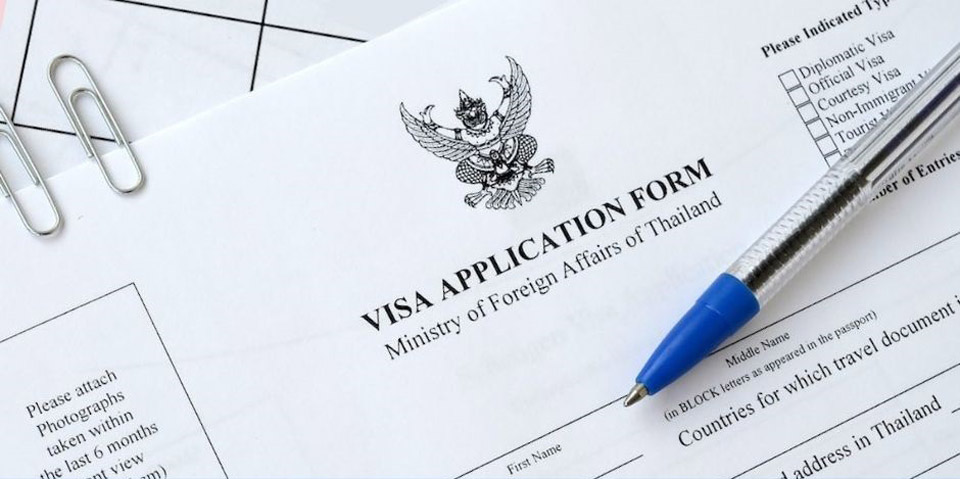Long-Term Residency in Thailand. Thailand’s vibrant culture, amazing scenery, and friendly atmosphere render it a tempting long-term choice. Long-term involvement in Thailand permits one to gain insight into the country’s charm and contribute to its distinct communities. This article highlights long-term residency choices in Thailand, including visa types, criteria, and the enriching experiences that await those who qualify.
I. Long-term residency visas
A. Retirement Pass:
For people 50 and older, the Retirement Visa is popular.
Financial criteria and capacity to support oneself in Thailand are required.
B. Thai Elite Visa:
The Thailand Elite Visa program includes long-term stay visas including the Elite Superiority Extension Visa and Elite Ultimate Privilege Visa.
Each Elite Visa category has distinct durations and benefits to meet applicant needs.
C. Visa for education:
Students taking long-term courses like language study or degrees can get an Education Visa.
This visa facilitates longer study stays.
D. Work Visa/Permit:
Workers from Thai companies can get work visas and permits.
The visa is related to the job, and the employer is vital to the application.
II. Retirement Visa: A Path to Peace
A. Minimum Age:
Individuals 50 and older can get a Retirement Visa.
Qualification requires certain financial conditions.
B. Financial Standards:
Applicants must provide a minimum monthly income or Thai bank account balance.
These financial parameters ensure retirees may support themselves without burdening Thai social welfare.
C. Health Insurance
Retirement Visa applicants must have health insurance.
Visitors to Thailand must have medical insurance.
III. Thailand Elite Visa: Luxury and Longevity
A. Membership Choices
Thai Elite Visa offers many membership choices with different durations and incentives.
Elite visa holders get numerous entries, faster immigration, and other benefits.
B. The Application Process:
The Thailand Elite Visa can be obtained from the official website or approved agents.
Documentation, background checks, and financial verification are required for applications.
IV. Thailand Education Visa: Studying and Living
A. Eligibility
Thailand’s approved educational institutions offer the Education Visa.
Candidates must be taking long-term courses like language studies or degrees.
B. Financial Needs:
Students must be financially stable to meet living expenses.
This can be a sponsorship letter or bank statement.
C. Renew:
Education visas usually last the course.
Thailand-based students can renew.
V. Work Visa & Permit: Thai Economy Contribution
A. Jobs:
The Work Visa and Work Permit are for Thai company employees.
Teaching, hospitality, and corporate jobs are available.
B. Sponsorship by Employers:
The Work Visa and Work Permit application process involves employer sponsorship.
Employers are vital in helping international workers obtain visas and work permits.
VI. Cultural Immersion and Community Engagement
A. Integration, Language:
The Thai language improves life in Thailand.
Language skills improve communication and community integration.
B. Local Engagement:
Long-term residents can participate in festivals, cultural events, and community projects.
Participation enhances the experience and builds relationships.
C. Honor Thai Culture:
Positive interactions with local communities require respecting Thai culture.
Understanding and enjoying local culture helps long-term stays go well.
VII. Conclude
Long-term living in Thailand offers cultural immersion, different experiences, and the chance to contribute to and profit from the country’s thriving communities. Through retirement, education, employment, or exclusive visa schemes like the Thailand Elite Visa, people can extend and enrich their stays in Thailand. Long-term residents can enjoy Thailand’s warmth and generosity by negotiating visa alternatives and embracing local culture.








0 thoughts on “Long-Term Residency in Thailand”